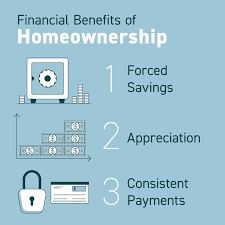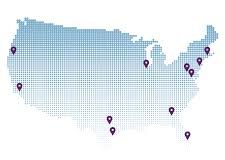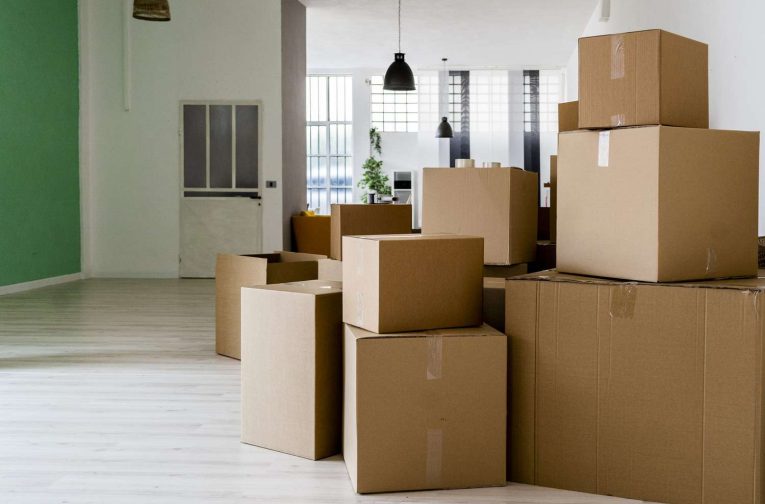Managing finances before and after buying a home is essential for long-term financial stability. Here’s advice on how to handle your finances effectively:
Before Buying a Home:
- **Create a Realistic Budget:**
– Review your current financial situation and create a budget that accounts for all your expenses, including mortgage payments, property taxes, insurance, utilities, and maintenance costs.
- **Save for a Down Payment:**
– Start saving for a down payment well in advance. The larger your down payment, the lower your mortgage and interest costs will be.
- **Improve Your Credit Score:**
– A higher credit score can lead to better mortgage terms. Pay bills on time, reduce outstanding debts, and avoid opening new credit accounts.
- **Reduce Debt:**
– Lower your debt-to-income ratio by paying down existing debts, such as credit card balances and personal loans.
- **Emergency Fund:**
– Maintain an emergency fund to cover unexpected expenses, like home repairs or medical bills.
- **Research Mortgage Options:**
– Understand different mortgage types, interest rates, and terms. Compare offers from multiple lenders to find the best mortgage for your situation.
- **Account for Closing Costs:**
– Be prepared for closing costs, which can include loan origination fees, appraisal costs, and more. These typically range from 2% to 5% of the home’s purchase price.
- **Consider Future Costs:**
– Think about your future financial goals and how homeownership fits into them. Will you have the means to save for retirement, education, and other long-term goals?
After Buying a Home:
- **Stick to Your Budget:**
– Continue to adhere to your budget, making sure you can comfortably afford your mortgage, utilities, and other homeownership expenses.
- **Home Maintenance Fund:**
– Set aside money for ongoing home maintenance and repairs. Regular upkeep can prevent costly issues down the road.
- **Property Taxes and Insurance:**
– Account for annual property tax payments and homeowners insurance premiums. These costs can change over time, so be prepared for adjustments.
- **Utilities and Homeowner Association Fees:**
– Pay attention to your monthly utility bills and any fees associated with a homeowners’ association. Make necessary adjustments to your budget if these costs increase.
- **Refinancing Opportunities:**
– Keep an eye on interest rates and consider refinancing your mortgage if it can lead to lower monthly payments or a shorter loan term.
- **Review and Update Your Financial Plan:**
– Regularly review your financial goals and adapt your plan as needed. Ensure you’re saving for retirement and other long-term objectives.
- **Additional Savings:**
– Continue saving for other goals, such as education, vacations, or a new car, as homeownership shouldn’t deter you from achieving your other dreams.
- **Emergency Fund Maintenance:**
– Keep your emergency fund funded to handle unforeseen financial setbacks without compromising your homeownership.
- **Consider Extra Payments:**
– If possible, make extra mortgage payments to reduce your loan term and save on interest in the long run.
Remember that owning a home comes with both anticipated and unexpected expenses. By budgeting wisely and maintaining a strong financial foundation, you can enjoy the benefits of homeownership while ensuring your overall financial well-being.





